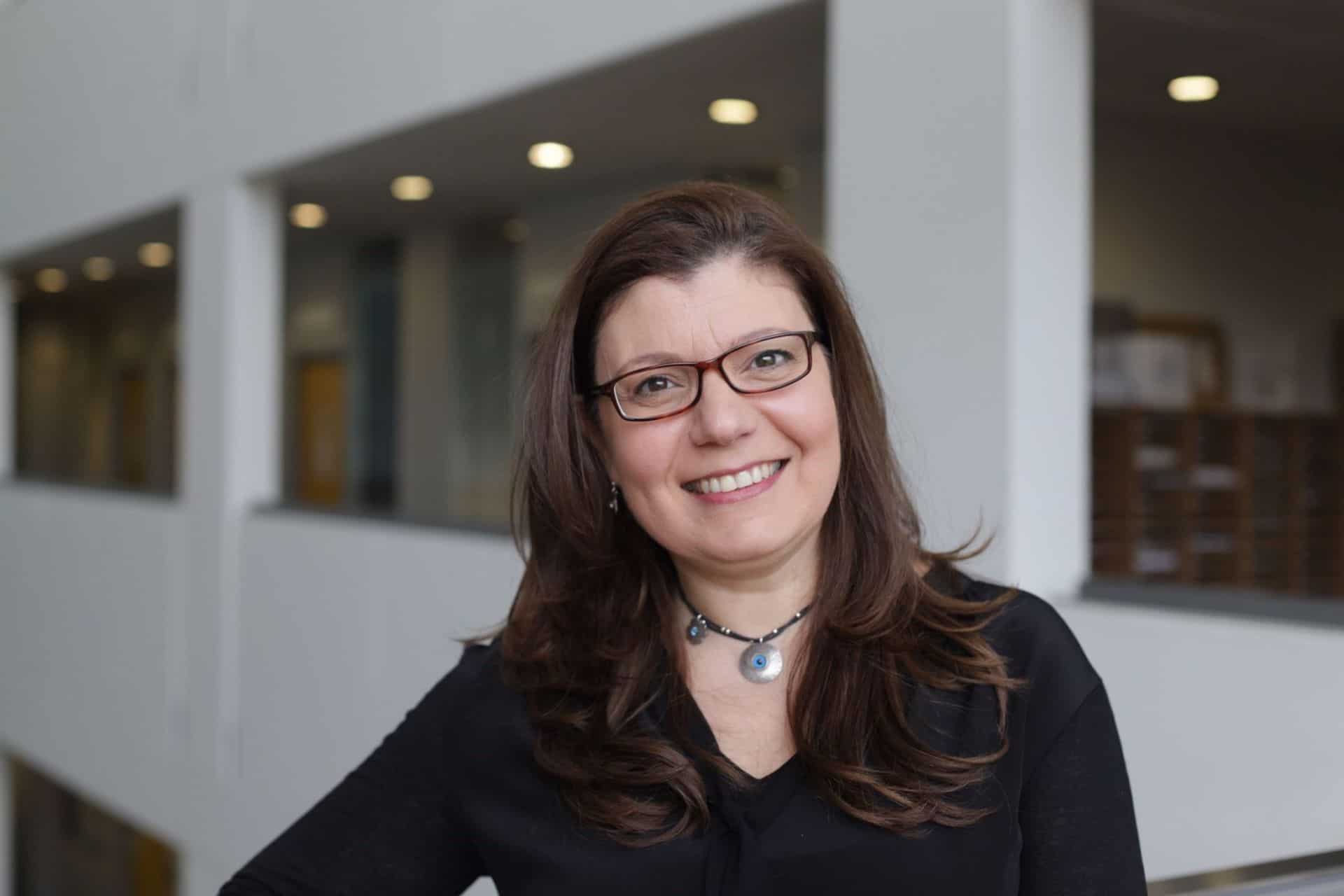Manifestation of hate speech during Covid-19
By Dr Zahera Harb
In times of crisis, journalism which is accurate, accountable, humane and free of hate becomes crucial. These are unprecedented times and in such times the need to remind ourselves of our core values as journalists, become precedent.
The need to step back, wherever we are, and reflect on our role as journalists: as watchdogs holding those in power to account, on being informative and delivering journalism for the public good, on investigating stories in the public interest, on being socially responsible, and not to incite hate and cause harm.
We need to step back and reflect on the language and terminology we are using in our coverage of Coronavirus and question what we are sharing on social media. In times of uncertainty, it is important to stick to facts, but not to ignore context.
In the middle of the Covid-19 crisis, it is important to cross reference guidance and advice on the disease, to verify using old and new tools. Crises, like this, are rich soil for the spread of disinformation and fabrication. We have seen the surge of false news of the virus and its carriers across many countries, west and east.
Many individuals and groups of people have been subjected to repeated messages of hate speech, which led in many cases to harm against them. We have seen politicians using the virus to pursue political advantages against nations, religious minorities and race, by the virtue of blame based on false information.
In the United States, President Donald Trump posed all blame on China for the pandemic, to escape criticism of his weak and irresponsible leadership of the crisis. In India, the government generated a campaign, promoted by many media organisations, blaming Muslims for the spread of the virus in the country. In Pakistan and several Arab countries, Iran and hence the Muslim Shia, by false connection, have been the target of a hate campaign, in which the media was at the centre of it.
In many countries, including the UK, labelling the virus as the “Chinese virus”, resulted in a surge of hate against people from China and the East Asia region. In Germany, the continuous reference to one province, where the virus first spread, led to a hate campaign against people of that province and had cars carrying plate numbers from that region attacked in different parts of the country. It’s been said before, but W false information, can generate hate speech and hate speech can lead to harm.
Challenging hate and disinformation in this crisis go hand in hand. To challenge hate we need to be accurate, to make sure we don’t take what politicians say as face value. To challenge hate, we need to challenge ethnic and religious finger pointing. We need to challenge and avoid racial and national profiling and labelling of the virus.
Hate can also manifest itself in stereotypical and discriminatory language, including those that are gender based. A global glossary of Coronavirus hate speech terms includes “the Chinese virus” “the Wuhan virus”, “the yellow virus”, “the Shia virus”, “the Muslim virus”. “Corona” itself in many countries, has been used as a hate derogatory term. Let us keep this glossary as short as it is and challenge Corona hate. Stigmatisation of those affected by the virus has led to people not getting tested, where available, to hide cases and to refuse medical attention. Stigmatisation is in itself a form of indirect hate that has led to harm in many countries and regions across the globe.
Author photo:

Dr Zahera Harb is Director of MA International Journalism program at City, University of London. She has published widely on Journalism and Politics in the Arab countries. Her recent publications include an edited collection titled Reporting the Middle East: The Practice of News in the 21st Century (IB Tauris 2017), She is co-editor of Middle East Journal of Culture and Communication and Associate editor of the internationally renowned academic journal Journalism Practice. Zahera served as member to the UK broadcast regulator Ofcom content board. She is board member/trustee of the Ethical Journalism Network. She is member of Thomson Foundation consultancy board. She was a broadcast Journalist in her native country Lebanon where she worked for local and International news organisations.